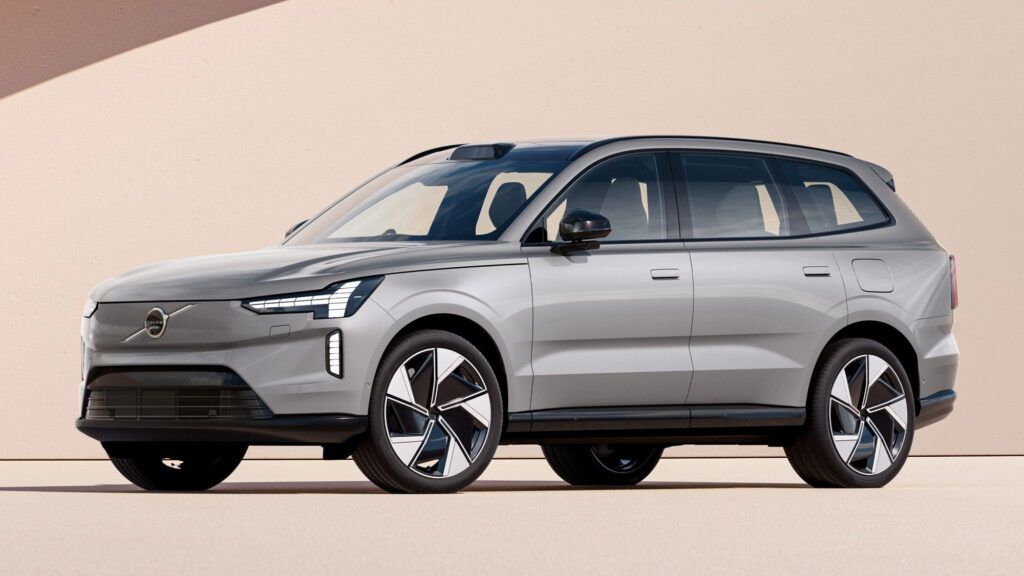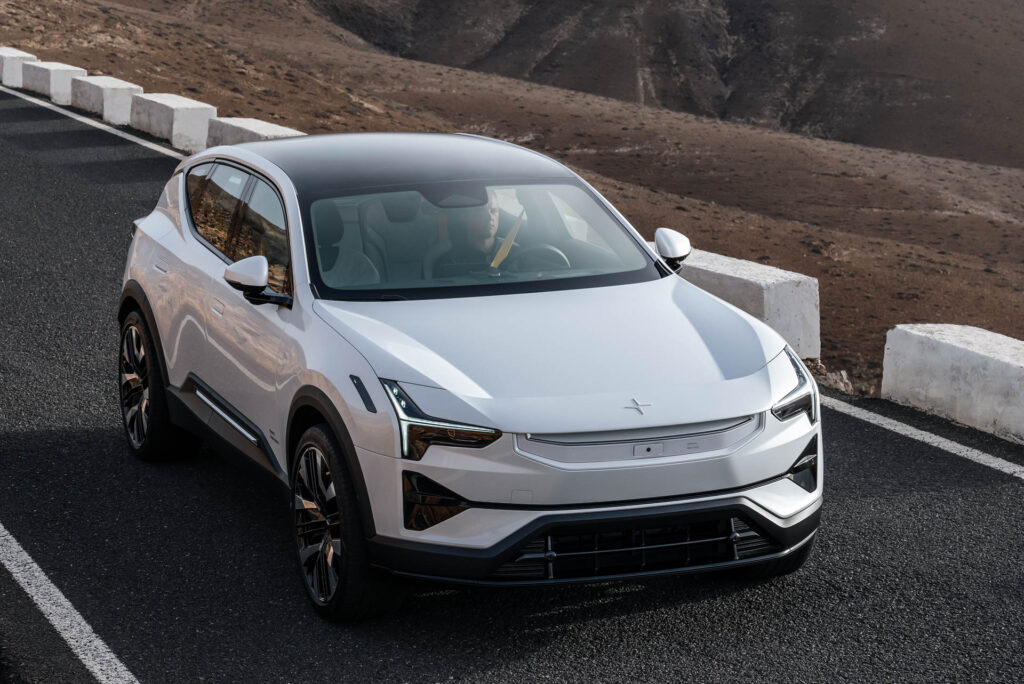Polestar and Volvo are both able to sidestep hefty import fees of cars like EX30 by offsetting them against SUVs made in America such as EX90
2 hours ago
 –>
–> 
–>
Like Mercedes and BMW, Volvo and Polestar have a production site in the U.S. that gives them more efficient access to the massive North American car market. The Ridgeville, SC, site has been building the S60 sedan in modest numbers but is about to put its foot on the production gas pedal to churn out tens of thousands of new Polestar 3 and Volvo EX90 SUVs.
But aside from cutting out the expense of transporting cars across the Pacific and ensuring those large crossover SUVs don’t get hit with the duties they would if they were being imported to the U.S. from China, there’s one little-known, but hugely valuable benefit to the arrangement.
Auto News reports that Volvo and Polestar are able to leverage their exports of EX90s and 3s from America to sidestep duties on their vehicles that are imported from China. The loophole the Sino-Scandinavian brands are exploiting is called the Duty Drawback program and is designed to let businesses claim refunds on import duties and tariffs against exports in the same tariff classification.
advertisement scroll to continue
Related: Volvo EX90 Delayed Until 2024 Due To LiDAR Software Code Issues

What that means for the Geely-owned duo is that they can use their big SUV exports to dodge the import duties and steep 25 percent tariff that would normally be applied to the smaller EX30 crossover and Polestar 2 sedan which are produced in China. GM uses the same program to help cut down “a small portion” of duties and tariffs placed on the China-built Buick Envision crossover sold in America, a spokesman told Auto News.
The program is unusual in that it allows a business to recoup fees previously paid on vehicles that have already been imported to the U.S. But the same report notes that a software problem that has delayed the start of EX90/3 production until 2024 could be expensive for Geely, which needs to offset the duties applied to cars like the Polestar 2 that have been on sale for two years.


 <!–
<!– –>
–> 